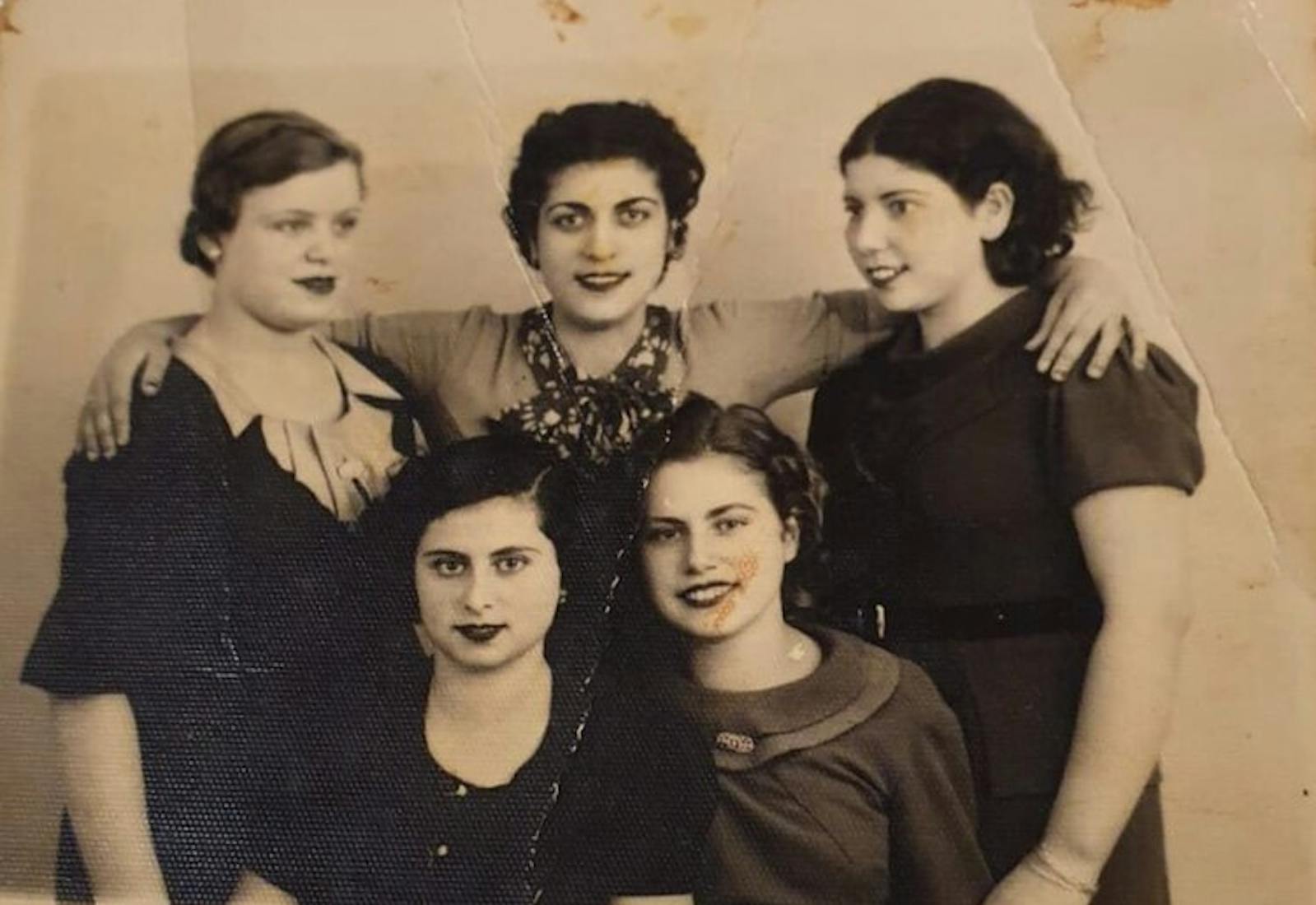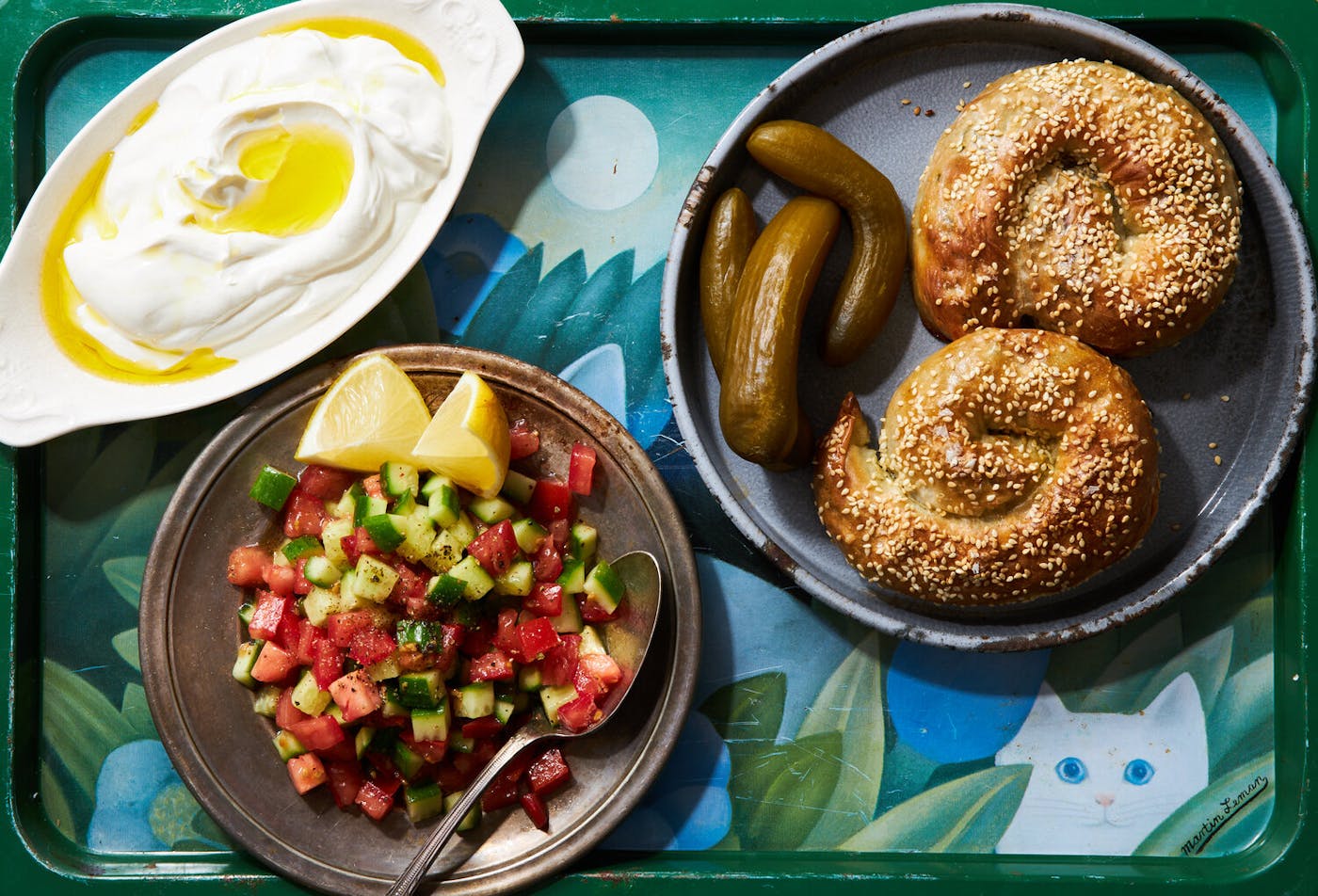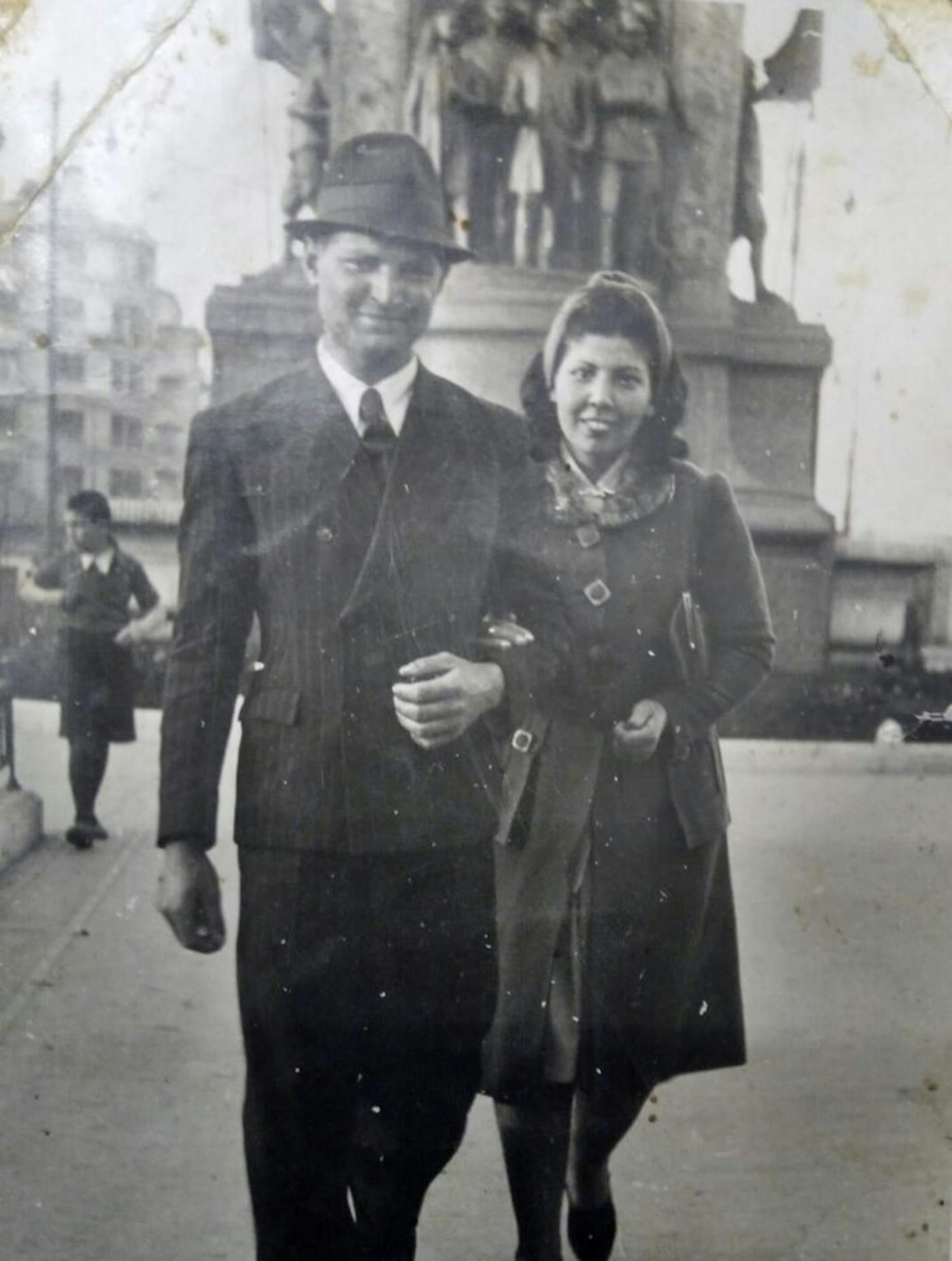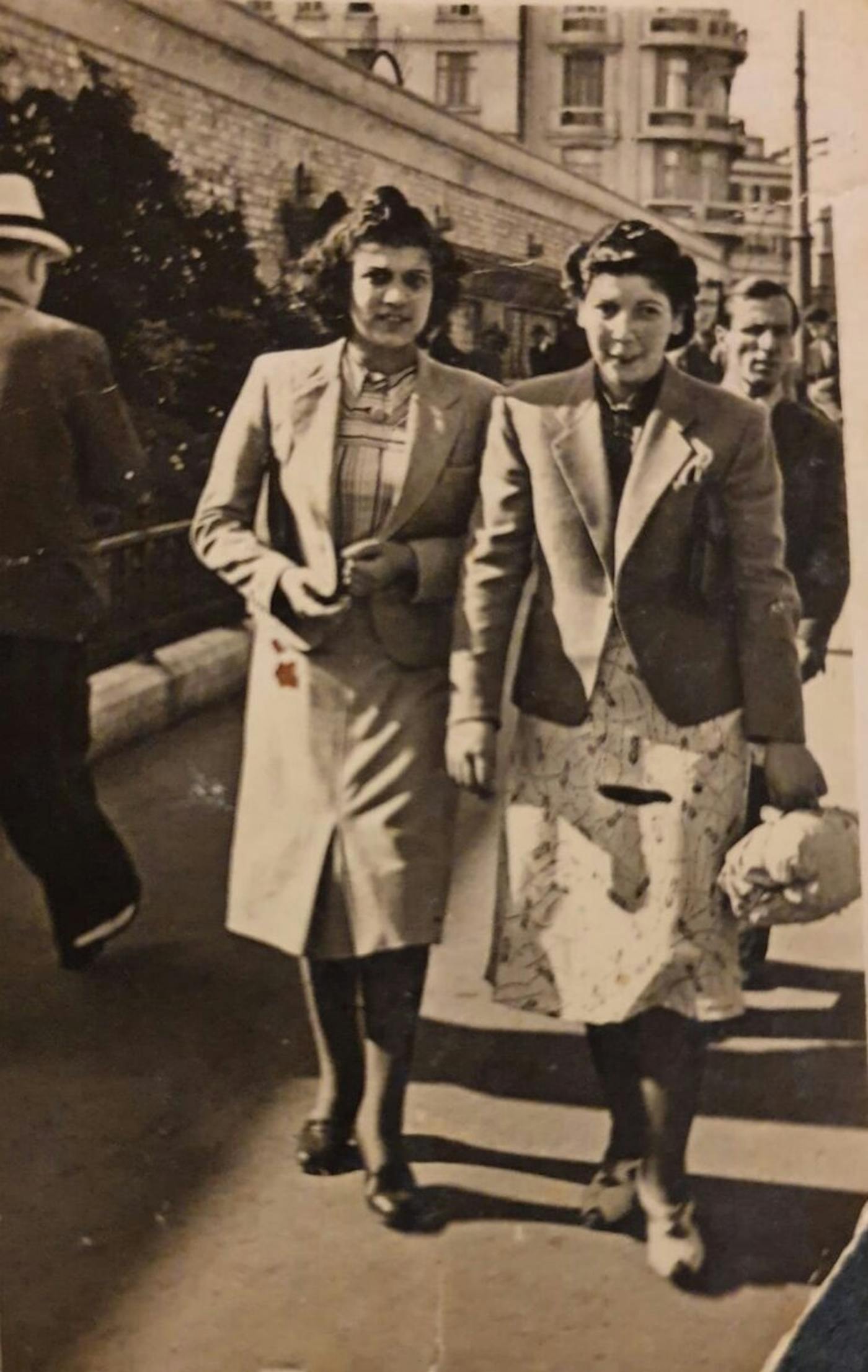Shared by Amir Nathan


In 1945 Amir Nathan’s paternal grandparents prepared to move from Istanbul to British Mandate Palestine. His grandmother Susan, whose Turkish name was Sultana, came from a large Jewish family who owned a grocery store in a suburb of the city. Her nickname was Sultana La Bakala, which in Ladino means the Sultana of the store, says Amir. His grandfather Yakov, who served in the Turkish military was from a Turkish and Greek family. Together, they looked for a place to live more comfortably as Jews.
As they packed and set out to make Aliyah, “The last thing they did before they got on the boat was make bourekas,” Amir, who is the co-founder of Sami & Susu in Brooklyn, explains. His grandmother brought a tray of the flaky pastries with her to the docks. At the time, Jews were not permitted to emigrate from Turkey with valuable belongings, he adds, retelling a story he read in his late grandfather Yakov’s diary, which Amir’s dad had translated for the family.
Thinking Susan could have cleverly hidden a diamond or other valuable items in the bourekas, customs officers broke into each one of her pastries to inspect them. They found nothing but layers of pastry and filling. “He wrote in his diary: ‘I’m happy they didn’t find anything, because then we could eat them on the boat,’” Amir says, laughing as he recalls the story.
In Israel, bourekas remained an integral part in Susan’s kitchen in Bat Yam, a town south of Tel Aviv, where many Turkish Jews lived. Growing up in Beer Sheva, 100 kilometers away, visits to Susan’s house were often accompanied by a day at the sea. Amir and his family would pick up a watermelon, take it to the beach, and then return for lunch. On each visit, there were bourekas sitting on a tray in the kitchen, ready to be snacked on before a meal was served.
“In a way, it’s like people who always have cookies at home…. There was always a tray. There was always bourekas,” Amir says. Susan’s bourekas were shaped into half moons or sometimes triangles and filled with salty cheese, or spinach with cheese, or roasted eggplant.
Family and visitors would snack on them as she prepared a lunch of agristada, a lemon-laced soup with meatballs, leek fritters, and salad, or a meal of roasted peppers, which she stuffed with lamb or beef, parsley, and pine nuts. And the bourekas traveled with her. When she visited Amir and his family, she always brought some along.
Despite the omnipresence of Susan’s bourekas in Amir’s life, he never made them with his grandmother. He first tried his hand at replicating them a few times when he was in high school, but wasn’t successful. He switched to making her grape leaves, which were a bit easier, he says.
Susan sadly passed away in 2009. A few years ago, Amir returned to the task of replicating her bourekas, calling his mother, who is close with his aunt, who also makes bourekas. There was no formal recipe to share. He was told: “Oh yeah, she makes phyllo dough: water, flour, oil.”
He persisted in trying — and he had an advantage. In his 20s, Amir moved to New York City to attend college and ultimately started working in restaurants. At Sami & Susu, he’s partnered with executive chef Jordan Anderson, working on recipe ideas together. When it came to recreate the bourekas, as they have other family recipes, they did it in their own way. “We want the result to be similar,” but also to incorporate what they’ve learned in their careers, for instance, that the dough works better when it’s cold and they prefer a larger boureka, so diners can make it into a meal with a salad. Amir adds: “We [can] always improve it with every generation.”


